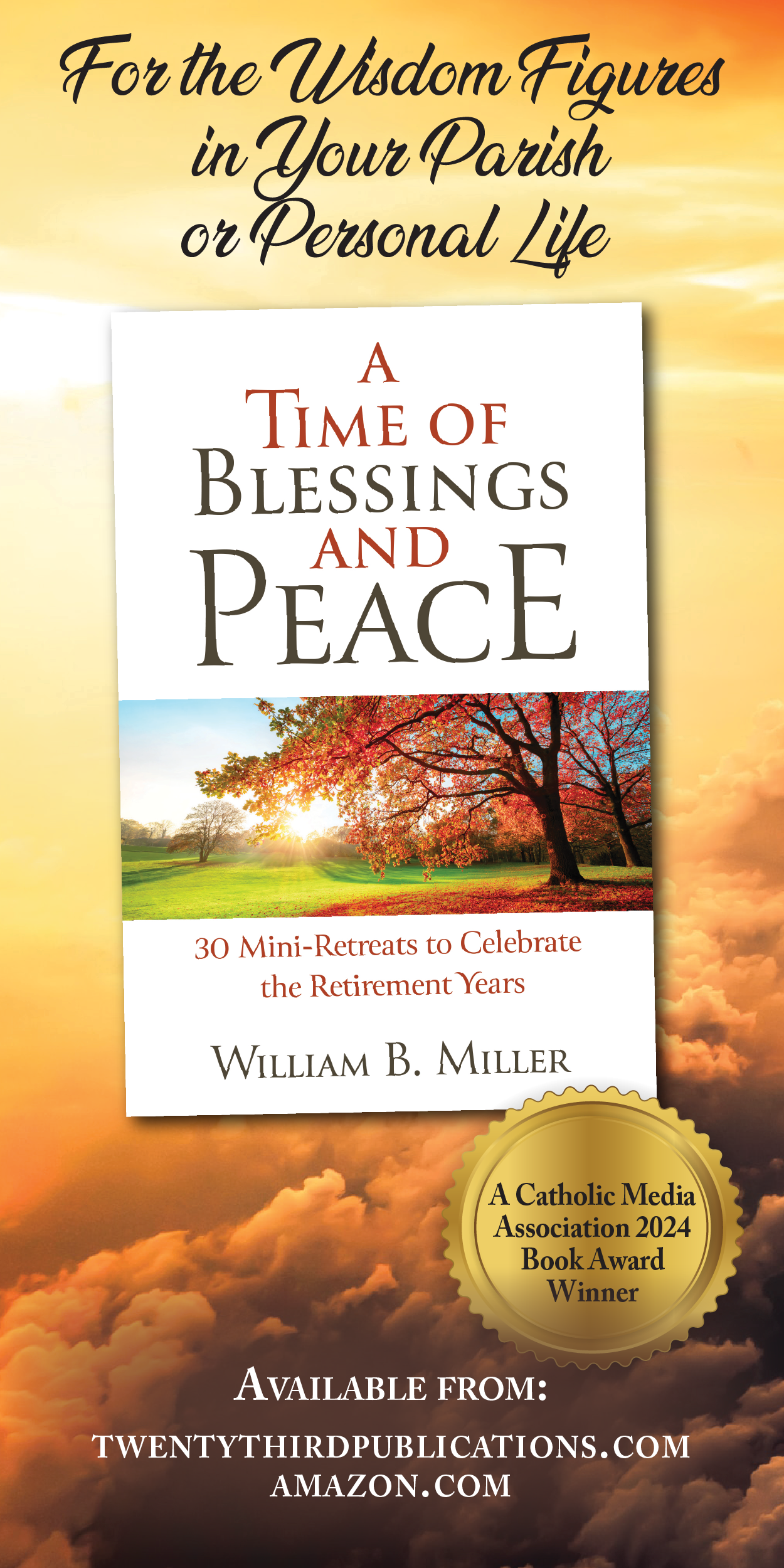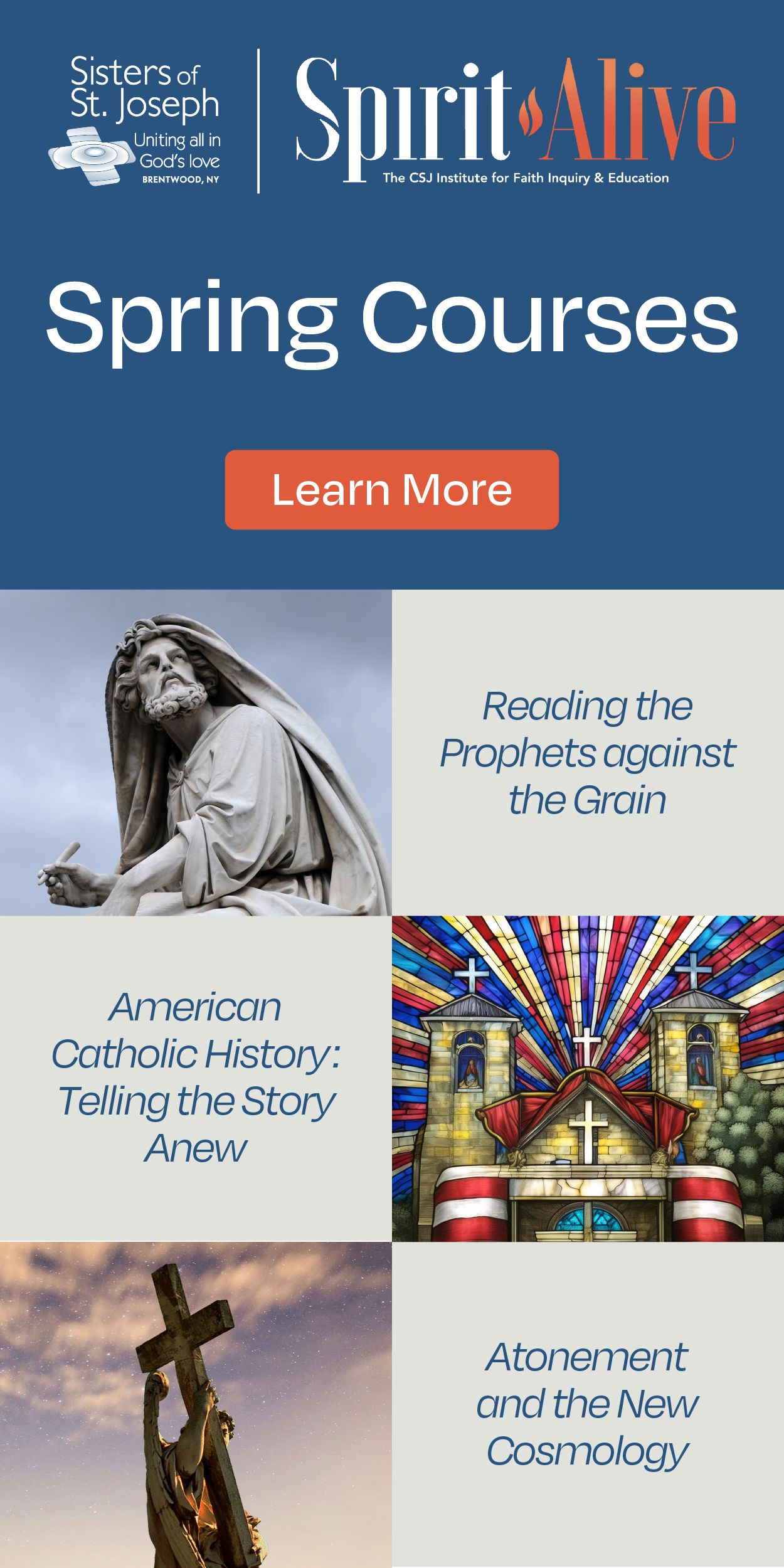On the anniversary of the assasination of Oscar Romero, use this reflection, Romero's words, and the following questions to generate discussion about what his legacy is today.
A church that suffers no persecution but enjoys the privileges and support of the things of the earth—beware!—is not the true church of Jesus Christ.
–Archbishop Oscar Romero, March 11,1979
What have we made of our world? When Jesus of Nazareth proclaimed that he is resurrection and life, he filled that witness with content. Resurrection and life are about love and care for one another, about feeding the hungry, sheltering the homeless, loving the most rejected and outcast. They are about sharing from our wealth and abundance so that no one is without what they need for a dignified life. They are about the power to raise from the dead, to become unbound, free of bondage to death and sin.
Our world is scarred by injustice, by increasing disparity in wealth, by fabulous affluence for the few, and increasing poverty for the majority, by rising social violence and the disintegration of communities and societies because of this injustice, insecurity and fear. This is the bondage of sin.
Our church is called to repentance for the role it, and we as the people of God, have played in creating this world—by what we and our church have done to create this condition of injustice, and by what we have not done to confront and overcome this sin of the world.
On the anniversary of the martyrdom of the great prophet of the Americas, Archbishop Oscar Romero, murdered by an assassin's bullet on March 24, 1980, let us ponder his words as he calls our churches to conversion, repentance and prophecy:
"A preaching that does not point out sin is not the preaching of the gospel. A preaching that makes sinners feel good, so that they are secured in their sinful state, betrays the gospel's call. A preaching that does not discomfit sinners but lulls them in their sin leaves Zebulun and Naphtali in the shadow of death."—(Jan. 22, 1978).
"To try to preach without referring to the history one preaches in is not to preach the gospel. Many would like a preaching so spiritualistic that it leaves sinners unbothered and does not term idolaters those who kneel before money and power. A preaching that says nothing of the sinful environment in which the gospel is reflected upon is not the gospel."—(Feb. 18, 1979).
Does the preaching of my church, my community, reflect this commitment to challenge the sinful environment of our world, even to the point of causing discomfort, including my own discomfort?
"The church, in its zeal to convert to the gospel, is seeing that its place is by the side of the poor, of the outraged, of the rejected, and that in their names it too must speak out and demand their rights. But many persons belonging to the upper classes and feeling as if they own the church, think that the church is abandoning them and slipping away from its spiritual mission. It no longer preaches what is spiritual, it only preaches politics. It's not that. The church is pointing out sin, and society must listen to that accusation and be converted and so become what God wants."—(July 8,1979).
Is my church clearly on the side of the poor, even to the point of naming sin in our world and its causes, even to the point of risking the discomfort of the wealthy and complacent? Do I, does my church, instead prefer a preaching that lulls, that makes me feel comfortable, rather than one that challenges and causes discomfort about the state of sin in our world and our responsibility for it? Am I, is my congregation or community, willing to listen when this sin is pointed out, and so be converted?
"This is the mission entrusted the church, a hard mission: to uproot sins from history, to uproot sins from the political order, to uproot sins from the economy, to uproot sins wherever they are."—(Jan. 15, 1978).
"THE CHURCH IS OBLIGED by its evangelical mission to demand structural changes that favor the reign of God and a more just and comradely way of life. Unjust social structures are the roots of all violence and disturbances. How hard and conflicting are the results of evangelical duty! Those who benefit from obsolete structures react selfishly to any kind of change"—(Nov. 1979).
"THE CHURCH CAN BE CHURCH only as long as it goes on being the Body of Christ. Its mission will be authentic only so long as it is the mission of Jesus in the new situations, the new circumstances of history. The criterion that will guide the church will be neither the approval of, nor the fear of, men and women, no matter how powerful or threatening they may be. It is the church's duty in history to lend its voice to Christ so that he may speak, its feet so that he may walk today's world, its hands to build the reign of God . . . "—(Aug. 6, 1977).
Does the church fulfill this mission, this duty? Do I call my church to this mission? Am I involved in it? Does my church, do I as a member of my church, really believe enough in the incarnate God in Christ to live the brave and risky mission to which the church is called in our world?
"The church, like Jesus, has to go on denouncing sin in our own day. It has to denounce the selfishness that is hidden in everyone's heart, the sin that dehumanizes persons, destroys families, and turns money, possessions, profit, and power into the ultimate ends for which persons strive. And, like everyone who has the smallest degree of foresight, the slightest capacity for analysis, the church has also to denounce what has rightly been called 'structural sin:' those social, economic, cultural, and political structures that effectively drive the majority of our people onto the margins of society. When the church hears the cry of the op. pressed it cannot but denounce the social structures that give rise to and perpetuate the misery from which the cry arises."—(Aug. 6, 1977).
"What starts conficts and persecutions, what marks the genuine church, is when the word, burning like the word of the prophets, proclaims to the people and accuses: proclaims God's wonders to be believed and venerated, and accuses of sin those who oppose Cod's reign, so that they may tear that sin out of their hearts, out of their societies, out of their laws—out of the structures that oppress, that imprison, that violate the rights of God and of humanity . . . God's Spirit goes with the prophet, with the preacher, for He is Christ, who keeps on proclaiming God's reign to the people of all times."—(Dec. 10, 1977).















Add comment